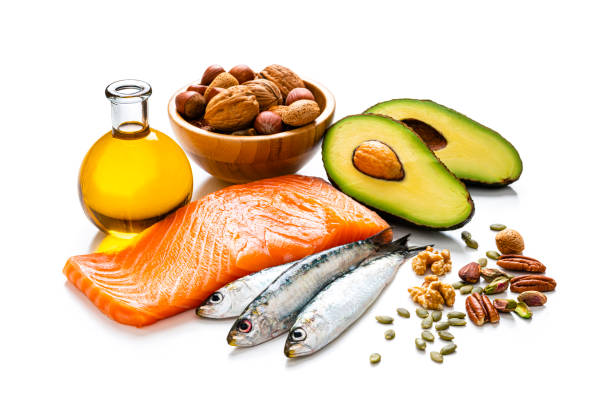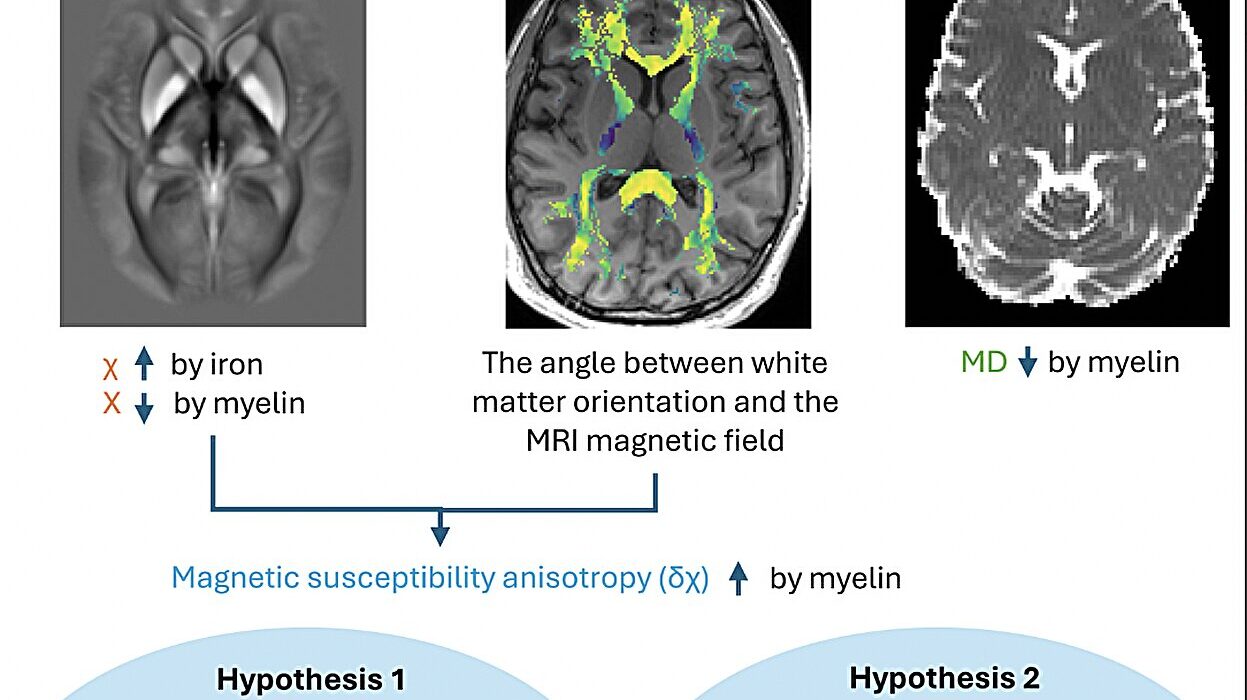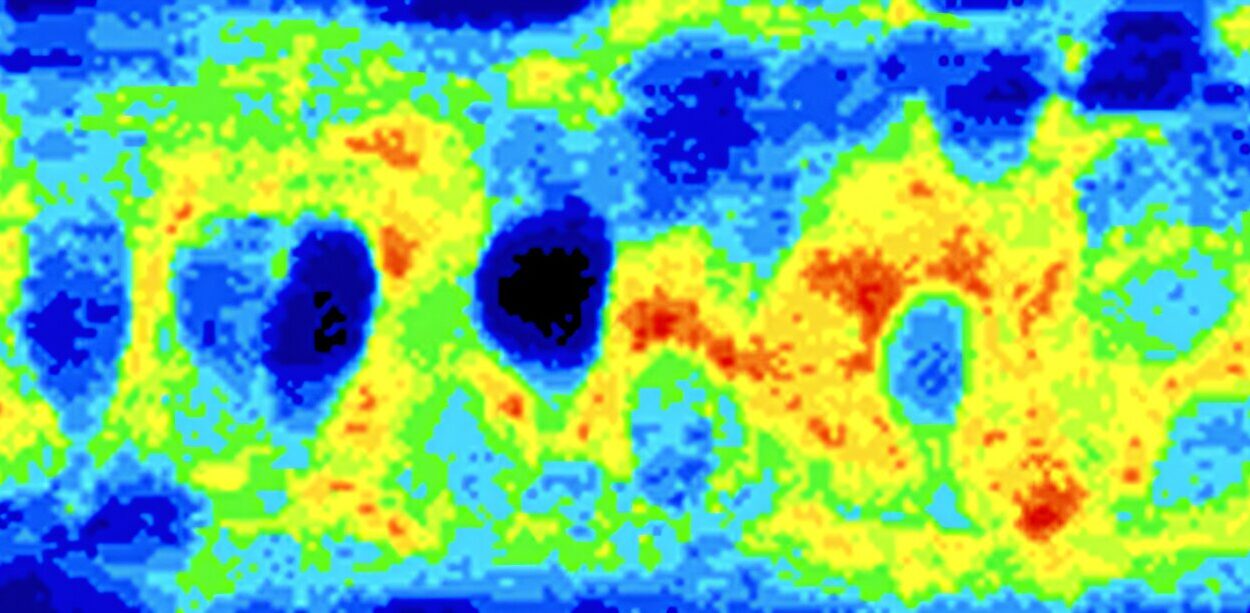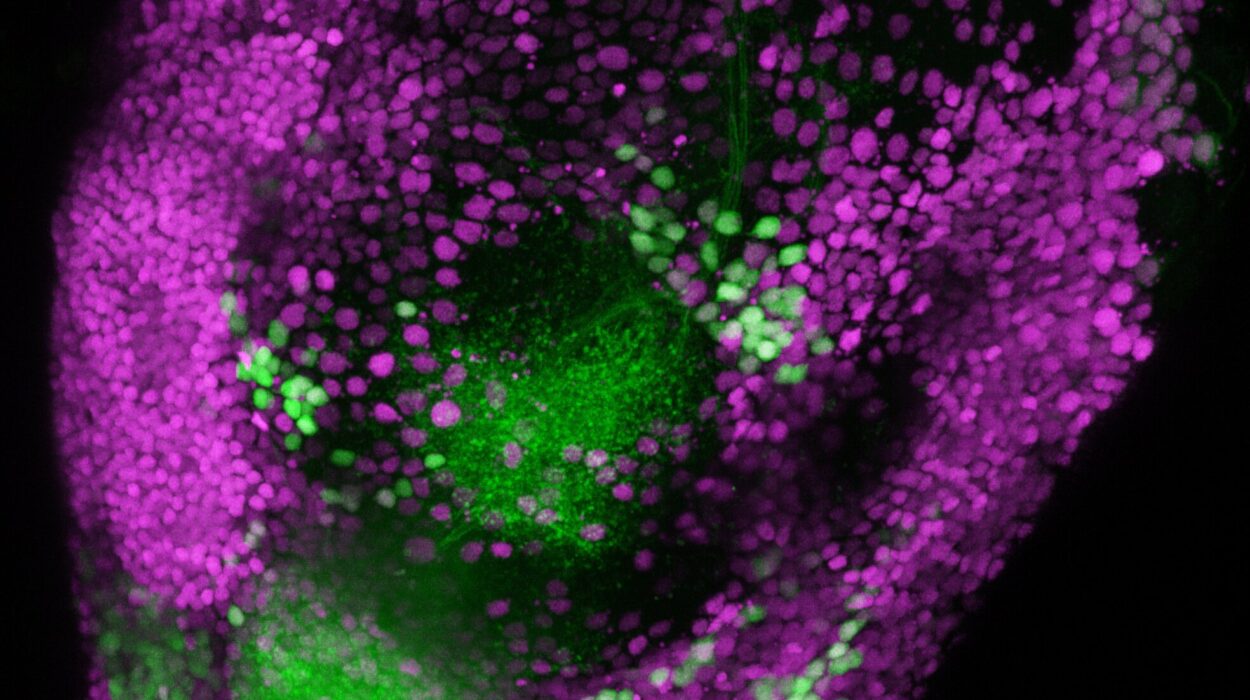Hormones are the body’s invisible messengers. They whisper instructions to every organ, every cell, and every system, orchestrating the rhythm of life itself. For women, hormones shape not just reproductive cycles, but also energy, mood, sleep, metabolism, skin health, and even cognitive function. When these delicate messengers are in harmony, life feels balanced, radiant, and powerful. When they fall out of sync, however, the entire system can feel like it is unraveling.
Mood swings, fatigue, irregular periods, acne, infertility, brain fog, or sudden weight changes often trace their roots back to hormonal imbalances. These aren’t just small inconveniences; they are signs that the body’s internal symphony has lost its conductor. Restoring this harmony isn’t just about medication—it is deeply tied to lifestyle, and perhaps most importantly, to food.
What we eat can either disrupt hormones or restore them. Food is not only fuel; it is information. Every bite sends chemical messages that can soothe inflammation, stabilize blood sugar, support detoxification, and encourage balance across the hormonal system. For women, especially, this connection between diet and hormones is profound.
Understanding Women’s Hormones
Before exploring the best foods, it’s essential to understand what hormones actually do in women’s bodies. Hormones are secreted by glands like the ovaries, thyroid, adrenal glands, and pancreas, and they regulate everything from fertility to stress response. Some of the most important hormones for women include:
- Estrogen: Shapes reproductive cycles, bone health, skin, and cardiovascular protection.
- Progesterone: Balances estrogen, supports pregnancy, and calms the nervous system.
- Testosterone: Present in smaller amounts, but crucial for libido, muscle tone, and mood.
- Insulin: Regulates blood sugar and energy.
- Cortisol: The stress hormone, which impacts sleep, immunity, and weight.
- Thyroid hormones (T3, T4): Control metabolism, temperature, and energy.
These hormones are deeply interconnected. A disruption in one often cascades into others. For example, chronic stress raises cortisol, which can suppress progesterone, throw off menstrual cycles, and trigger insulin resistance. This is why restoring hormonal health requires a holistic approach—and why food plays such a powerful role.
Food as Medicine for Hormonal Balance
Every nutrient we consume becomes part of our biology. The proteins we eat supply amino acids that become neurotransmitters. Fats provide the building blocks for hormones themselves. Minerals like zinc, magnesium, and selenium act as cofactors for hormone production. Antioxidants defend against oxidative stress that can damage reproductive organs and endocrine glands.
Science is increasingly confirming what traditional cultures have known for centuries: food is a form of medicine. By choosing nutrient-dense, hormone-supportive foods, women can actively shape their hormonal balance, reducing the risk of disorders such as polycystic ovary syndrome (PCOS), endometriosis, thyroid dysfunction, infertility, and even menopausal symptoms.
Let’s explore the foods that can serve as allies in this journey.
Cruciferous Vegetables: Nature’s Estrogen Regulators
Broccoli, cauliflower, Brussels sprouts, kale, and cabbage are not just ordinary vegetables. They contain compounds called indole-3-carbinol and diindolylmethane (DIM), which help the body metabolize estrogen in a healthy way.
Excess estrogen—or poor estrogen metabolism—can lead to problems such as PMS, heavy periods, fibroids, and even an increased risk of breast cancer. Cruciferous vegetables support the liver in breaking down estrogen into safer forms, preventing the buildup of harmful estrogen metabolites.
Moreover, these vegetables are rich in fiber, which binds excess estrogen in the gut and removes it from the body. Without adequate fiber, estrogen can be reabsorbed, fueling imbalances.
Adding cruciferous vegetables daily—whether steamed, roasted, or in salads—can be one of the simplest and most powerful ways to support hormonal harmony.
Healthy Fats: The Building Blocks of Hormones
Hormones are literally made from fat. Cholesterol and fatty acids provide the raw materials for estrogen, progesterone, testosterone, and cortisol. A diet lacking in healthy fats can therefore disrupt hormone production, leading to irregular cycles, low energy, or fertility issues.
The key is choosing the right fats:
- Omega-3 fatty acids (found in salmon, sardines, flaxseeds, chia seeds, walnuts) reduce inflammation, support brain health, and improve insulin sensitivity.
- Monounsaturated fats (in olive oil, avocados, nuts) promote heart health and stabilize hormones.
- Saturated fats in moderation (from coconut oil, ghee, or pasture-raised dairy) provide stability for hormone synthesis.
What should be avoided are trans fats and refined seed oils (like soybean, corn, and canola oil), which disrupt cell membranes, increase inflammation, and can interfere with receptor sensitivity to hormones.
Protein: Stabilizing Blood Sugar and Supporting Hormones
Protein plays a vital role in hormone health because it directly affects insulin and glucagon, the hormones that control blood sugar. Stable blood sugar is essential for hormonal balance—unstable sugar levels can trigger cortisol spikes, worsen PMS, and promote fat storage.
High-quality protein also provides amino acids that the body uses to make neurotransmitters like serotonin and dopamine, which influence mood and sleep—both tightly connected to hormones.
The best protein sources for women’s hormonal health include wild-caught fish, organic poultry, grass-fed beef, eggs, legumes, and plant-based proteins like lentils and quinoa. Eating protein with every meal helps prevent sugar crashes, supports muscle mass, and provides steady energy.
Fiber: Detoxifying Hormones Naturally
Fiber is often overlooked, but it plays a starring role in hormonal balance. It binds to excess estrogen in the digestive tract and helps the body excrete it, preventing reabsorption. This makes fiber particularly important for women with estrogen dominance, which is common in conditions like PMS, PCOS, and endometriosis.
Beyond estrogen, fiber also stabilizes blood sugar, supports a healthy gut microbiome, and lowers inflammation—all essential for hormonal harmony. Whole foods like beans, lentils, oats, apples, pears, chia seeds, and leafy greens provide abundant fiber.
Phytoestrogen-Rich Foods: Gentle Plant Support
Some plants contain compounds called phytoestrogens, which mimic estrogen in the body. Unlike synthetic estrogens, these plant-based estrogens are much weaker and can actually help regulate estrogen levels—either boosting them when they are low (such as in menopause) or blocking stronger estrogens when they are too high.
Soy, flaxseeds, sesame seeds, chickpeas, and lentils are rich in phytoestrogens. Research shows that women who consume moderate amounts of these foods often experience reduced hot flashes, better bone density, and protection against certain cancers.
It is important, however, to focus on whole-food sources of phytoestrogens rather than heavily processed soy products, which may not have the same benefits.
Micronutrients for Hormonal Health
While macronutrients like protein, fat, and carbs shape the foundation, micronutrients act like the spark plugs that keep the hormonal engine running.
- Magnesium: Calms the nervous system, reduces PMS symptoms, and supports sleep. Found in dark chocolate, pumpkin seeds, leafy greens, and almonds.
- Zinc: Essential for ovulation, progesterone production, and thyroid function. Found in pumpkin seeds, oysters, and chickpeas.
- B vitamins: Critical for energy, mood, and hormone detoxification in the liver. Found in whole grains, eggs, legumes, and leafy greens.
- Vitamin D: Technically a hormone itself, regulating immunity, bone health, and fertility. Found in fatty fish, egg yolks, and sunlight exposure.
- Selenium: Supports thyroid hormone conversion and antioxidant defenses. Found in Brazil nuts, tuna, and sunflower seeds.
Without these nutrients, the hormonal system struggles, even if the diet is otherwise balanced.
The Role of Gut Health in Hormonal Balance
The gut is not just for digestion—it is a central hub for hormonal regulation. The gut microbiome, made up of trillions of bacteria, communicates with the endocrine system, influencing estrogen metabolism, cortisol response, and even mood-related hormones.
A healthy gut microbiome produces beneficial compounds that support hormonal balance, while an unhealthy gut can cause estrogen reabsorption, inflammation, and stress on the adrenal glands.
Foods that support gut health—such as fermented foods (yogurt, kefir, sauerkraut, kimchi), fiber-rich plants, and prebiotics (onions, garlic, leeks, asparagus)—can indirectly balance hormones by optimizing digestion and detoxification.
Hydration and Hormones
Water may seem too simple to mention, but hydration is fundamental for hormonal health. Dehydration stresses the adrenal glands, raises cortisol, and disrupts energy levels. Proper hydration also supports digestion, detoxification, and circulation, ensuring hormones can travel efficiently throughout the body.
Herbal teas, coconut water, and mineral-rich broths can add variety while also providing electrolytes and plant compounds that further support balance.
Foods to Limit or Avoid for Hormonal Harmony
Just as certain foods heal, others disrupt. Women aiming for hormonal balance should be cautious with:
- Refined sugar and processed carbohydrates, which spike insulin and worsen PCOS and PMS.
- Caffeine in excess, which can overstimulate cortisol and affect sleep.
- Alcohol, which burdens the liver and disrupts estrogen metabolism.
- Highly processed foods and additives, which introduce toxins that strain detoxification pathways.
This does not mean perfection is required. Enjoying occasional treats in moderation is part of a sustainable lifestyle. The key is to make nourishing foods the foundation while limiting those that create hormonal chaos.
Food, Hormones, and the Stages of a Woman’s Life
Women’s nutritional needs change across the lifespan, reflecting shifting hormonal landscapes.
- Adolescence: Foods rich in iron, zinc, and healthy fats support menstruation and growth.
- Reproductive years: A focus on balanced blood sugar, detoxification, and fertility nutrients (like folate) is essential.
- Pregnancy and breastfeeding: Nutrient density becomes critical—omega-3s, protein, calcium, and iron support both mother and baby.
- Perimenopause and menopause: Phytoestrogens, magnesium, and vitamin D help ease symptoms like hot flashes, bone loss, and mood changes.
At each stage, food remains a gentle but powerful tool for navigating hormonal shifts with resilience.
The Future of Nutrition and Hormonal Health
Science continues to uncover how deeply diet shapes hormonal function. Research into personalized nutrition, based on genetics and microbiome testing, may soon allow women to tailor diets even more precisely to their hormonal needs.
Already, integrative medicine and functional nutrition practitioners are using food-first approaches to treat PCOS, infertility, thyroid disorders, and menopausal symptoms. This represents a shift away from viewing hormones as isolated chemical problems and toward seeing them as part of a whole-body system that food can nurture.
Health Is More Than Food
While food is a cornerstone, it is not the entire story. Stress management, sleep, movement, and emotional well-being all interact with diet to shape hormones. Meditation lowers cortisol, exercise improves insulin sensitivity, and quality sleep supports progesterone and growth hormone. Food cannot work in isolation—it must be part of a lifestyle of care.
Nourishing Balance, Nourishing Life
Hormones are not enemies to be battled; they are allies asking for support. Food offers that support in the most natural, intimate way. Each meal becomes an opportunity to restore balance, to calm inflammation, to nurture the organs and glands that keep life flowing smoothly.
For women, eating for hormonal health is not about restriction or obsession. It is about empowerment. It is about understanding that food is a form of self-respect, a language of love spoken to the body.
When women nourish themselves with hormone-supportive foods—cruciferous vegetables, omega-rich fish, fiber-filled legumes, mineral-packed seeds, colorful fruits, and whole grains—they are not just eating; they are choosing vitality, resilience, and balance.
Hormonal harmony is not perfection. It is the gentle rhythm of a body that feels in tune with itself. And food, in its most nourishing forms, is the music that brings that rhythm back to life.






